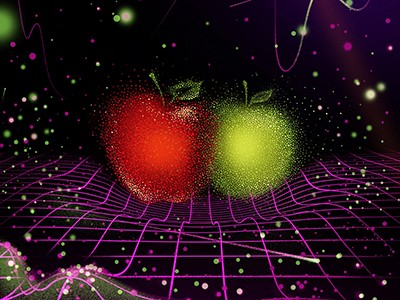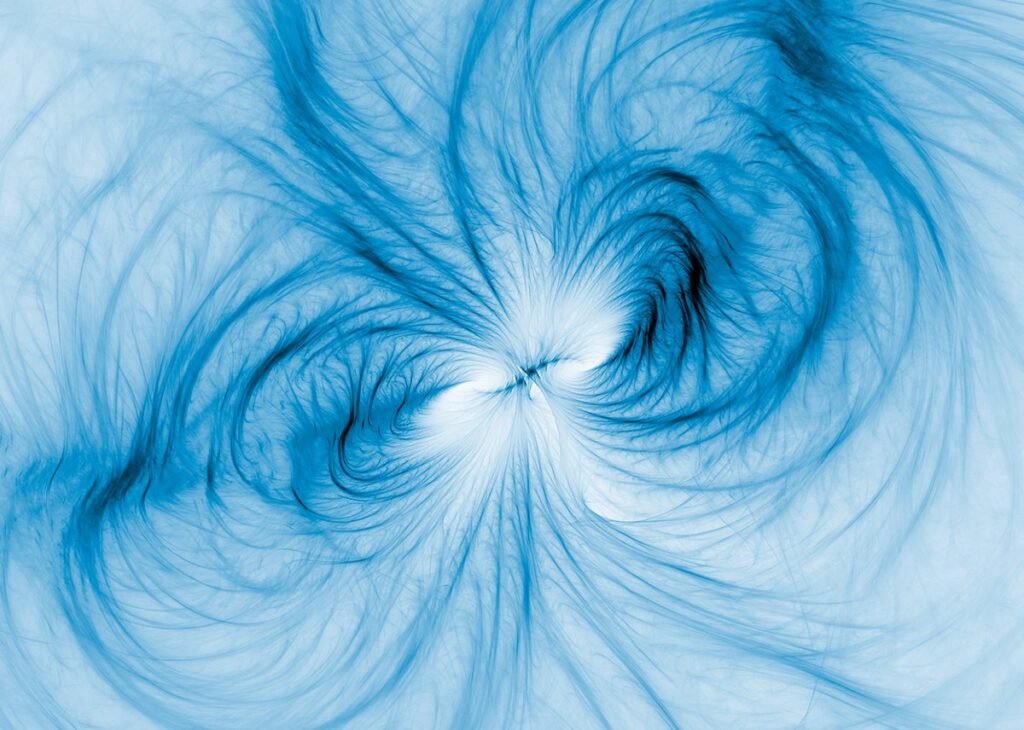Physicists are questioning whether gravity can produce quantum entanglement between two masses.Credit: David Parker/Science Photo Library
The nature of gravity — and whether it can be reconciled with quantum mechanics — is one of the biggest mysteries in physics. Most researchers think that at a fundamental level, all phenomena follow the principles of quantum physics, but those principles do not seem to be compatible with the accepted theory of gravity.
For years, researchers have been proposing experiments to show whether gravity could produce a phenomenon known as quantum entanglement. Now, two theoretical physicists have complicated the picture by putting forward a controversial, and seemingly counterintuitive proposal: that gravity could have quantum effects without itself being a quantum theory.
Entanglement occurs when two objects share a common quantum state, meaning that measurements of a property of one object will predict with certainty the results of measurements on the other object. Previous work has suggested that if two quantum objects can be entangled through their mutual gravitational attraction, then that attraction — and therefore gravity itself — should be of quantum nature.

Is gravity quantum? Experiments could finally probe one of physics’ biggest questions
But, in a paper published in Nature on 22 October1, Richard Howl and Joseph Aziz at Royal Holloway, University of London, argue that such a description is too simplistic. Instead, they argue, gravity could have quantum effects without itself being a quantum theory.
Fields matter
In their study, Howl and Aziz calculated the interactions of two masses on the basis of a simplified version of general relativity, the accepted theory of gravity first introduced by Albert Einstein in 1915. The two researchers worked not in the context of ‘vanilla’ quantum mechanics but in that of quantum field theory — a more advanced formulation of quantum physics in which everything, including matter, is a wave propagating in a quantum field. Therefore, just as photons are waves in an electromagnetic field, electrons become waves in an ‘electron field’.
Researchers have previously shown that the gravitational field of Einstein’s theory cannot produce entanglement2. But Aziz and Howl say that when two masses interact, they do so not only through the gravitational field itself but also through all the ‘matter fields’ — such as the electron field — as well, something that does have the ability to generate entanglement. “When you think more broadly about what a gravitational interaction consists of, then it is possible for classical interactions to create entanglement,” says Howl.

